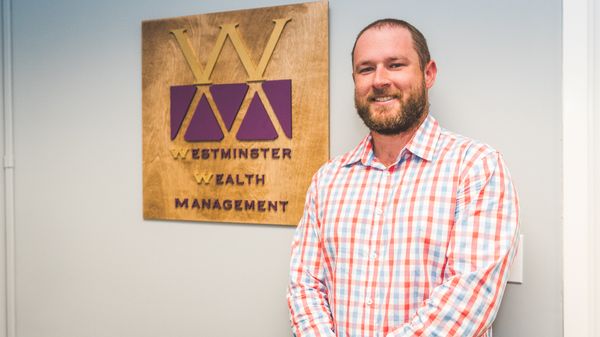Life Event Planning
First Time Investor
If you're a First Time Investor, investing can seem like a daunting task. However, there are a few essential things you should do to get started. First, it's important to understand your investment goals and risk tolerance. Do you want to save for retirement, buy a home, or invest in your child's education? Understanding your goals will help you figure out what types of investments are right for you.
First Time Homebuyer
As a First Time Homebuyer, it is important to keep wealth management in mind when buying a home. Owning a home can be a valuable asset, but it can also have a significant impact on your financial well-being.
First and foremost, ensure you adhere to your budget when purchasing a home. Overextending yourself financially can lead to stress and financial instability. Keep in mind that owning a home comes with other expenses, such as property taxes, insurance, and general upkeep. Be sure to factor these into your budget when determining how much you can afford.
Saving For Your Child's College Tuition
One of the biggest expenses many parents face is financing their child's College Tuition. With the continually rising cost of higher education, it is essential to budget carefully and plan effectively to ensure that you can afford the tuition fees without jeopardizing your financial goals.
Applying for financial aid, scholarships, or grants can offset the cost of college tuition. It is also essential to research different colleges and universities to find those that provide affordable education without sacrificing the quality of education.

How to Deal with Student Loans
It is crucial to think about money when dealing with Student Loans because they represent a significant financial obligation that can have a lasting impact on your financial well-being. Student loans often involve substantial amounts of borrowed money, and the way you manage them can affect your financial stability, creditworthiness, and overall financial goals. Failing to plan and consider the financial implications of student loans can lead to difficulties in meeting monthly payments, accumulating interest, and potentially falling into default. By actively thinking about money in the context of student loans, you can develop a realistic budget, set achievable financial goals, explore repayment options, and effectively manage your debt.

When is the Right Time to Start Investing
Knowing when to start investing is important because it allows you to take advantage of the power of compounding. By starting early, you give your investments more time to grow and potentially generate greater returns over the long term. Time is a valuable asset in investing as it allows you to ride out market fluctuations and benefit from the growth of your investments. Starting early also helps you establish good financial habits, build wealth, and work towards achieving your financial goals. Delaying investing can mean missing out on potential gains and having to save larger amounts in the future to catch up

Buying your First Car
It's important to think about money when Buying your First Car because it involves not only the upfront cost but also ongoing expenses like fuel, insurance, maintenance, and repairs. By considering your financial situation, budget, and affordability, you can ensure that the car you choose fits within your means and doesn't strain your finances. Careful financial planning helps prevent excessive debt, late payments, or financial stress.

Understanding what's in your 401(k)
It is important to know what's in your 401(k) because it allows you to take control of your retirement savings and make informed decisions. Understanding the investment options, contribution details, and fees associated with your 401(k) empowers you to align your investments with your long-term goals and risk tolerance. By monitoring your account, you can ensure that your contributions are on track, evaluate the performance of your investments, and make adjustments as needed. Being knowledgeable about your 401(k) helps you maximize the potential growth of your retirement savings, make appropriate asset allocation decisions, and stay aware of any changes or updates to the plan
Retirement Preparation
The earlier you start Planning for Retirement, the more time you have to save and grow your retirement fund. Start by setting retirement goals, such as how much money you want to save and when you want to retire. Consider the costs of healthcare and inflation, and plan for expenses that may occur during retirement.

Preparing for the Loss of a Primary Caretaker
It is crucial to think about money before the Loss of a Caretaker to ensure financial stability and security for both the caretaker and their dependents. By considering factors such as life insurance, savings, outstanding debts, and ongoing financial obligations, individuals can better prepare for the loss of income and potential expenses that may arise. Planning ahead enables caretakers and their families to focus on emotional well-being, grieve without additional financial stress, and maintain financial stability in the face of significant life changes.












